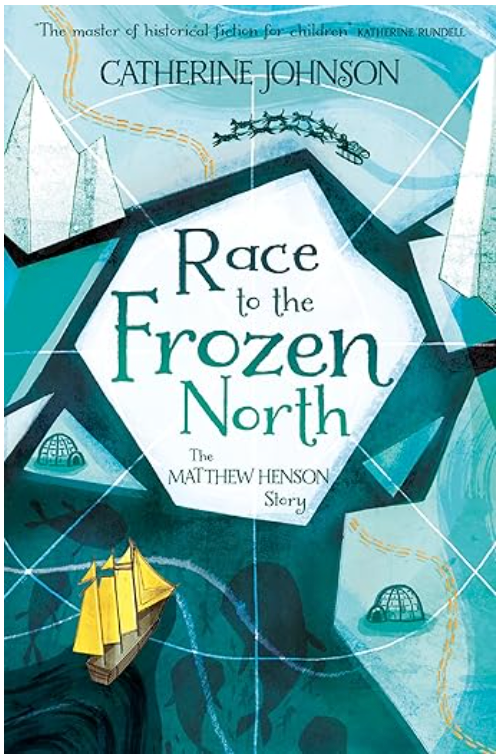Black History is American History
- Courtney Guy
- Feb 4, 2025
- 2 min read
Updated: Jan 14
Why We Don't Celebrate Black History Month
In our home, Black history isn’t confined to a single month, it is woven into our American history lessons throughout the year. We don’t study Black history for the sake of checking a box; we study it because it is integral to the story of America—our story.
And for us, Black history encompasses far more than the enslavement of our ancestors or the Civil Rights Movement. It transcends 'firsts,' like the first Black person to achieve a certain milestone. While these moments are significant, they only scratch the surface of the rich tapestry of contributions made by Black Americans throughout history.
When the kids learned about the Arctic, they learned about Matthew Henson, one of the first recorded people to reach the North Pole. While studying the Great Plains, they explored the lives of Black cowboys during the cattle drive era, when 25% of cowboys were Black. Their stories are not side notes; they are central to understanding the broader narrative.

Most importantly, our children learn about their own family history. They know their great-grandfathers fought in World War II. They know the land we own in North Carolina—30 acres of it—was once part of a 250-acre farm owned and operated by their great-grandfather. This has also been a learning experience for me. I had assumed that Black people in the South were only sharecroppers after the Civil War; however, by 1910, around 14% of Black farmers owned land, totaling almost 15 million acres—a stark contrast to the mere 2% of Black land ownership today.
If you choose to celebrate Black History Month, I encourage you to go beyond the familiar stories of enslavement, Jim Crow, and the Civil Rights Movement. Shine a light on the countless other ways Black Americans have shaped this nation:
Benjamin Banneker, with his remarkable clock-making skills and almanac contributions.

The cowboys of the American West, whose grit and resilience defined an era.

Black settlers in the Midwest, who built communities and thrived against the odds.

The poets and artists of the Harlem Renaissance, whose work still resonates today.

The evolution of American music, from blues to jazz to hip hop, each genre deeply rooted in Black culture and creativity.

Black history is expansive, dynamic, and ever-present. It deserves to be celebrated not just in February, but every day, as part of the ongoing story of America.

Comments